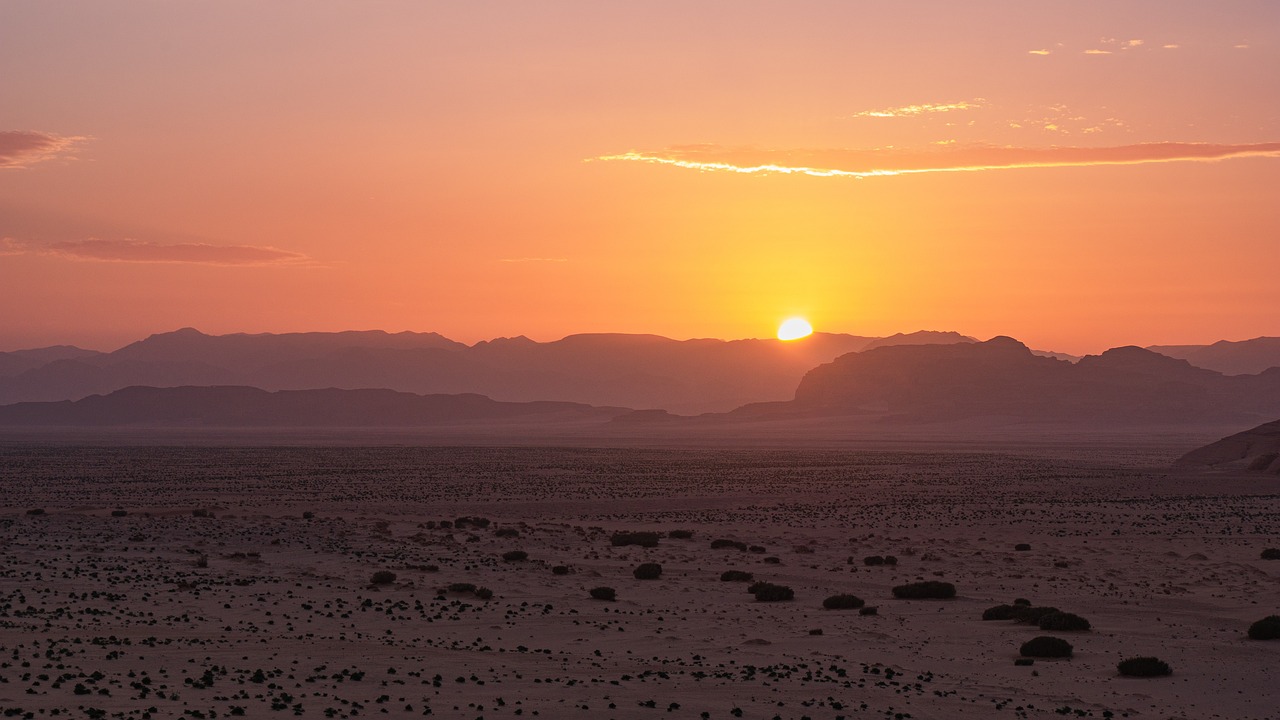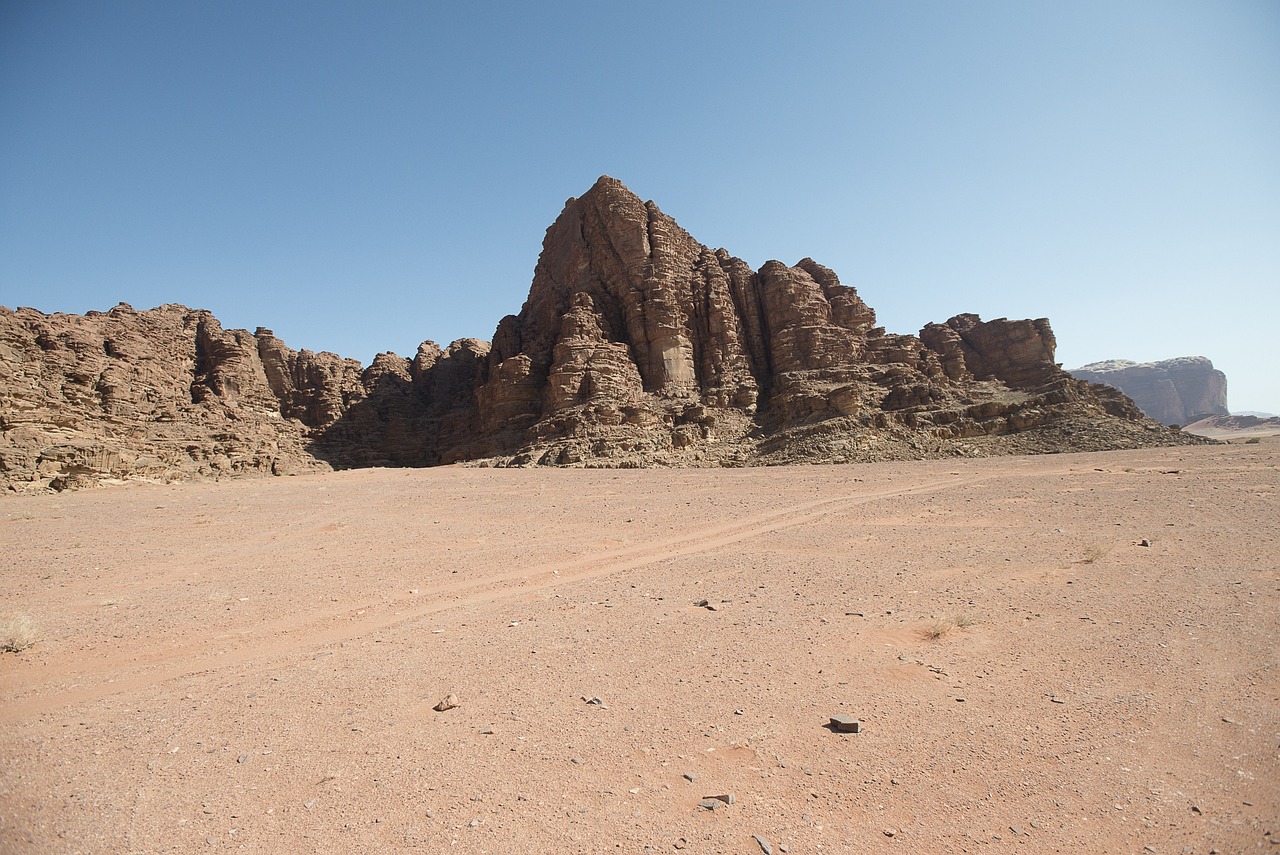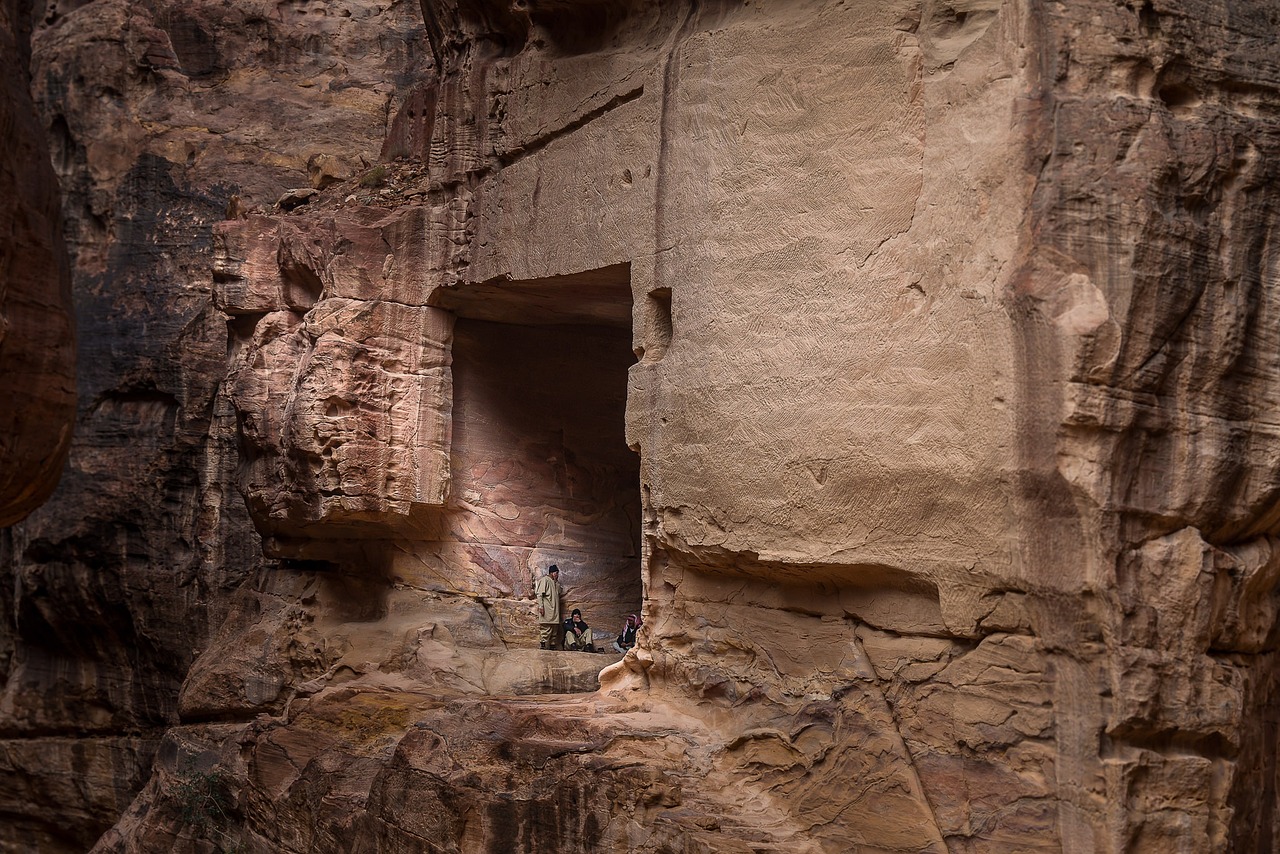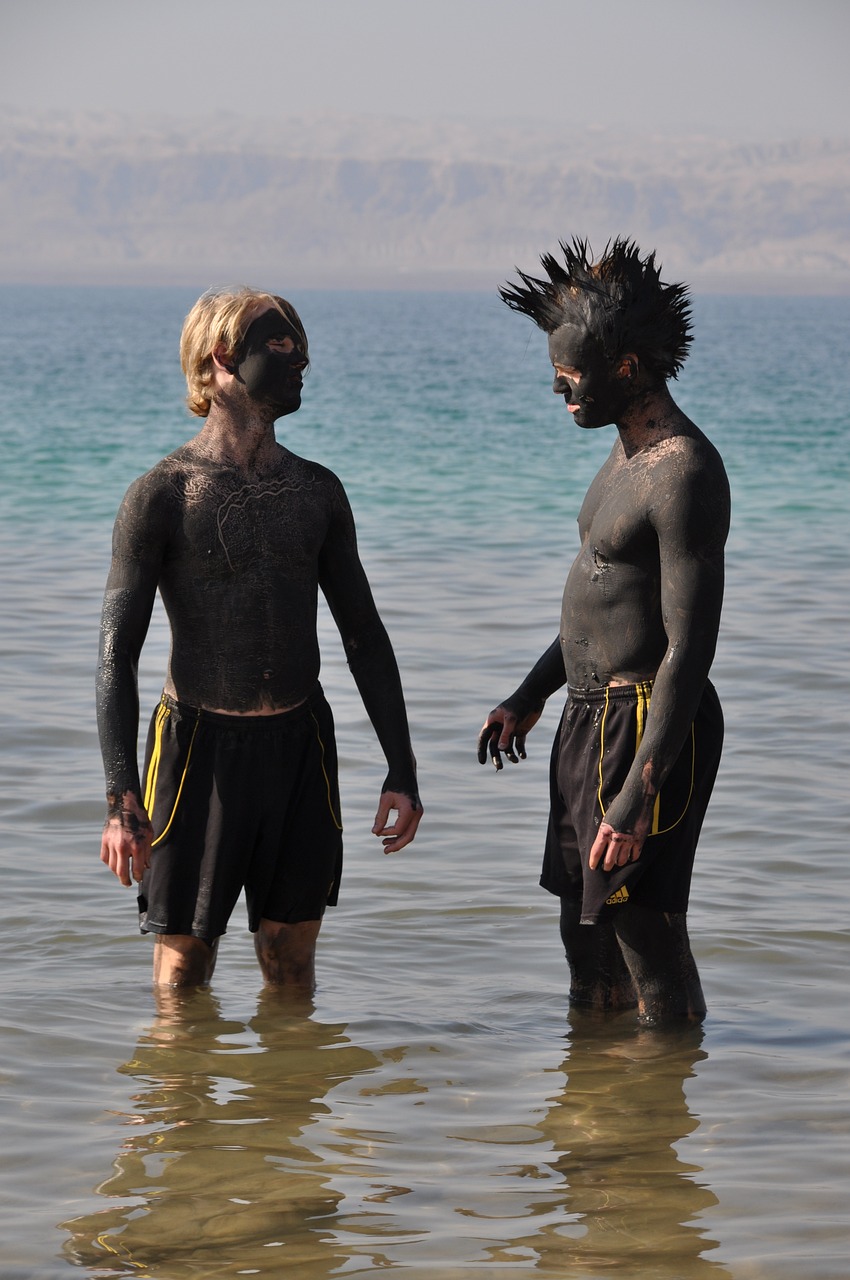Jordan Video
Local Celebrations and Holidays: What to Expect in Jordan
Jordan is a country rich in culture and traditions, and its local celebrations and holidays offer a unique glimpse into the vibrant spirit of the Jordanian people. From religious festivals to national holidays, these events are an integral part of Jordanian society. In this article, we will explore some of the most significant celebrations and holidays in Jordan, providing you with insights into what to expect when visiting this beautiful country.
Islamic New Year
The Islamic New Year, also known as Hijri New Year or Ras as-Sanah al-Hijriyah, marks the beginning of the Islamic lunar calendar year. This important event is observed by Muslims worldwide, including Jordan. The celebration involves religious gatherings, prayers, and reflection on the past year. Visitors can expect to see beautifully decorated streets and mosques, with people dressed in traditional attire. It’s a time of unity and renewal, and visitors are welcomed to join in the festivities.
- Religious Gatherings: During the Islamic New Year, mosques are filled with worshippers attending special prayers and sermons. The atmosphere is peaceful and reflective, with a sense of spiritual rejuvenation.
- Decorations: Streets and homes are adorned with colorful lights, banners, and Islamic calligraphy. The vibrant decorations create a festive ambiance throughout the country.
- Traditional Attire: Jordanians often wear their traditional clothing, such as thobes for men and abayas for women, during the Islamic New Year. This adds to the cultural richness of the celebrations.
Christmas
Although Jordan is a predominantly Muslim country, Christmas is widely celebrated by the Christian community in the country. The festive season brings joy and merriment, with various events and traditions taking place.
- Midnight Mass: Attending Midnight Mass is a significant part of Christmas celebrations in Jordan. Churches across the country hold special services, with beautifully decorated interiors and melodious hymns.
- Christmas Markets: Visitors can explore Christmas markets in cities like Amman, where they can find unique gifts, traditional crafts, and delicious festive treats.
- Nativity Scenes: Some churches set up nativity scenes depicting the birth of Jesus Christ. These intricate displays are a beautiful representation of the Christmas story.
Eid al-Fitr
Eid al-Fitr, also known as the Festival of Breaking the Fast, is a joyous celebration that marks the end of Ramadan, the Islamic holy month of fasting. It is one of the most important religious holidays in Jordan, and the atmosphere is filled with happiness and gratitude.
- Prayers and Sermons: On the morning of Eid al-Fitr, Muslims gather in mosques for special prayers and sermons. The prayers are followed by visits to cemeteries to pay respects to loved ones.
- Feasting and Hospitality: Families come together to share festive meals, which often include traditional dishes like mansaf (a lamb dish with rice) and knafeh (a sweet pastry).
- Exchange of Gifts: It is customary to exchange gifts during Eid al-Fitr, especially among family and friends. Children receive special treats and presents, adding to the joyous atmosphere.
Independence Day
Independence Day is a significant national holiday in Jordan, commemorating the country’s independence from British colonial rule on May 25, 1946. The day is marked with various events and festivities.
- Official Ceremonies: Official ceremonies take place in the capital city of Amman, attended by government officials, military personnel, and the general public. These ceremonies include flag-raising ceremonies, parades, and speeches.
- Fireworks: Fireworks displays light up the night sky, adding a festive touch to the celebrations. The vibrant colors and dazzling patterns create a mesmerizing spectacle for all to enjoy.
- Cultural Performances: Cultural performances, including traditional music and dance, showcase the rich heritage of Jordan. Visitors can witness the country’s artistic talents and immerse themselves in its cultural traditions.
Jordan Image 1:

Arabian Horse Festival
The Arabian Horse Festival is a celebration of the majestic Arabian horse, which holds a special place in Jordanian culture and history. This event showcases the beauty, grace, and heritage of these magnificent creatures.
- Horse Shows: Visitors can witness captivating horse shows, where skilled riders demonstrate the agility and elegance of Arabian horses. The performances include various equestrian disciplines, such as dressage and show jumping.
- Heritage Exhibitions: The festival also features exhibitions that highlight the historical significance of Arabian horses in Jordan. Visitors can learn about the breed’s origins and its importance in Bedouin culture.
- Traditional Competitions: Traditional competitions, such as camel racing and falconry, are often held alongside the Arabian Horse Festival. These activities offer a glimpse into the nomadic traditions of Jordan’s past.
Jordan Image 2:

Jordanian Independence Day
Jordanian Independence Day, celebrated on May 25th, commemorates the country’s independence from British rule. It is a day of national pride and patriotism, with various events organized throughout the country.
- Parades and Processions: Colorful parades and processions take place in major cities, featuring marching bands, traditional costumes, and floats depicting Jordanian history and culture.
- Concerts and Performances: Concerts by local musicians and performers are held in public squares and parks, entertaining the crowds with a mix of traditional and contemporary music.
- Fireworks Displays: Spectacular fireworks displays light up the night sky, creating a festive atmosphere. Families gather in parks and open spaces to enjoy the dazzling show.
Islamic Festival of Sacrifice
The Islamic Festival of Sacrifice, also known as Eid al-Adha, is a significant religious holiday in Jordan. It commemorates the willingness of Ibrahim (Abraham) to sacrifice his son as an act of obedience to God.
- Animal Sacrifice: Muslims who can afford it sacrifice an animal, usually a sheep or goat, as a symbolic act. The meat is then distributed among family, friends, and the less fortunate.
- Family Gatherings: Families come together to celebrate Eid al-Adha, sharing meals and exchanging gifts. It is a time for unity and gratitude, with a focus on giving back to the community.
- Acts of Charity: Many Jordanians engage in acts of charity during this festival, providing food and assistance to those in need. It is a time of compassion and generosity.
Jordan Image 3:

References
– Visit Jordan: www.visitjordan.com
– Jordan Tourism Board: www.jordan.jo
– Lonely Planet Jordan: www.lonelyplanet.com/jordan


